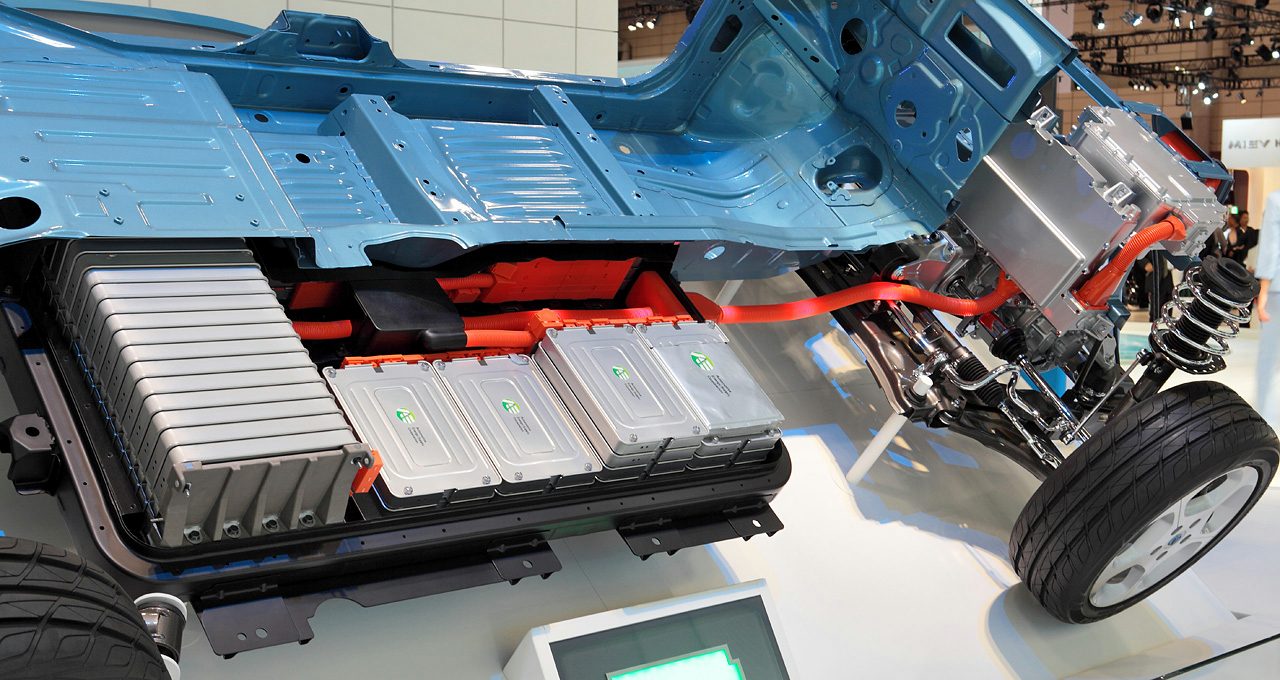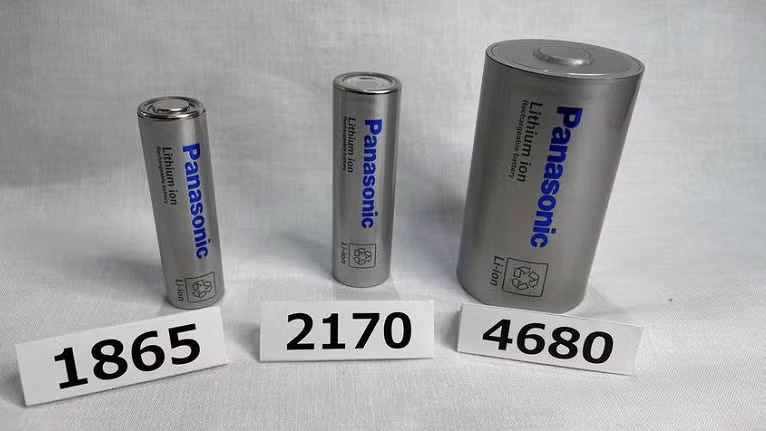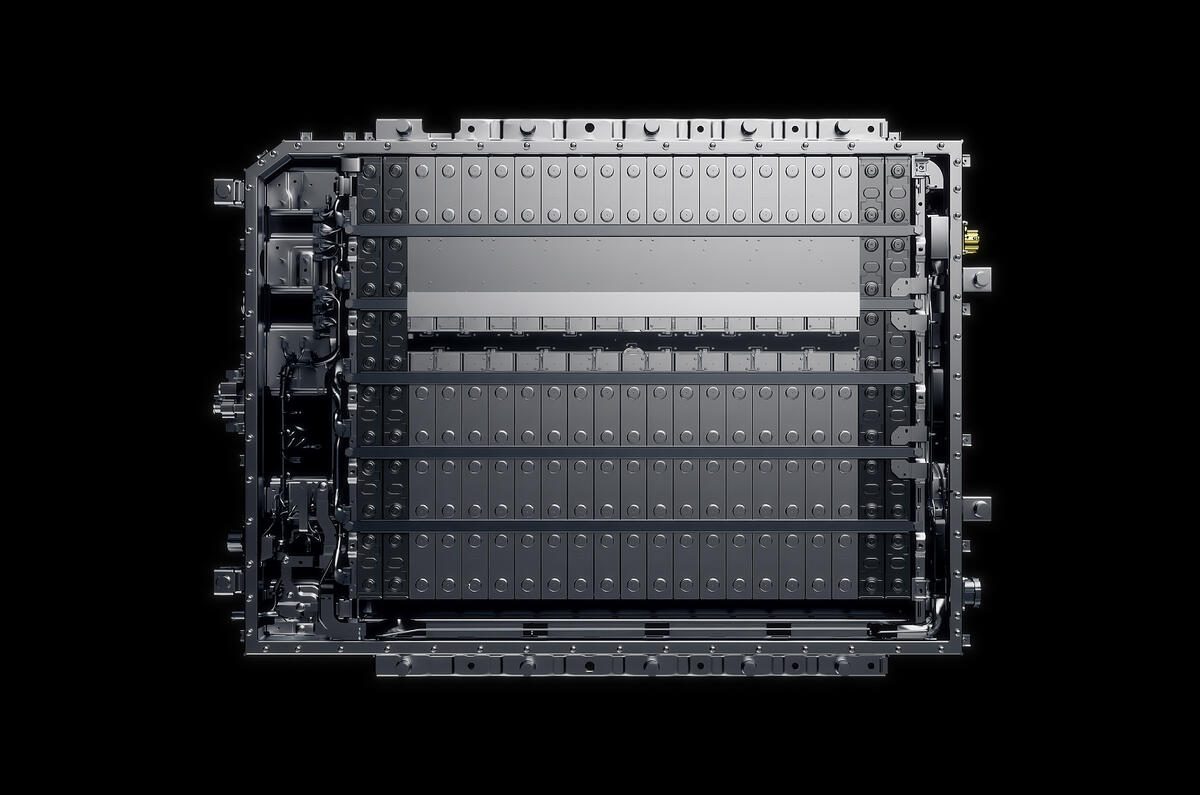EV battery prices are falling, and this trend may accelerate over the next two years, according to Goldman Sachs. That also means price parity between EVs and gas-powered cars is not far off.

Global mean battery prices declined from $153 per kWh in 2022 to $149 in 2023, according to the report from Goldman Sachs. And the firm predicts that the trend willl continue, dropping to $80 per kWh within the next 13 months. That’s almost 50 per cent less than in 2023. By then, it will be past the point where EVs achieve price parity with gasoline cars (widely accepted as somewhere between $60 and $100 per kWh). Tougher emissions regulations are making vehicles powered by fossil fuels more expensive at the same time.

Why are battery prices continuing to fall? One reason is technological advancement. Larger cells and cell-to-pack tech lower the number of battery modules. This could help to lower costs and also achieve up to 30 per cent higher energy density. The latter helps to keep battery-pack size down. Tesla has opted to produce its own large-format 4680 cells. However, it has had trouble keeping costs of manufacture in check.
The other relevant factor is a fall in the prices of raw materials such as lithium and cobalt. It is thought that prices for such materials will continue to decline through until at least 2030. This will account for almost one-half of anticipated battery cost reductions.

Earlier this year Goldman Sachs predicted a 40 per cent drop in EV battery costs between 2023 and 2025. Analysts then said that it could boost sales, allowing EVs to claim one-half of the U.S. new car market by 2030.
COVID pandemic aside, EV battery prices have steadily decreased since the modern EV era kicked off 15 years ago when Tesla dropped its Roadster onto the market. Prices have dropped 90 per cent in that time, says the U.S. Department of Energy.


